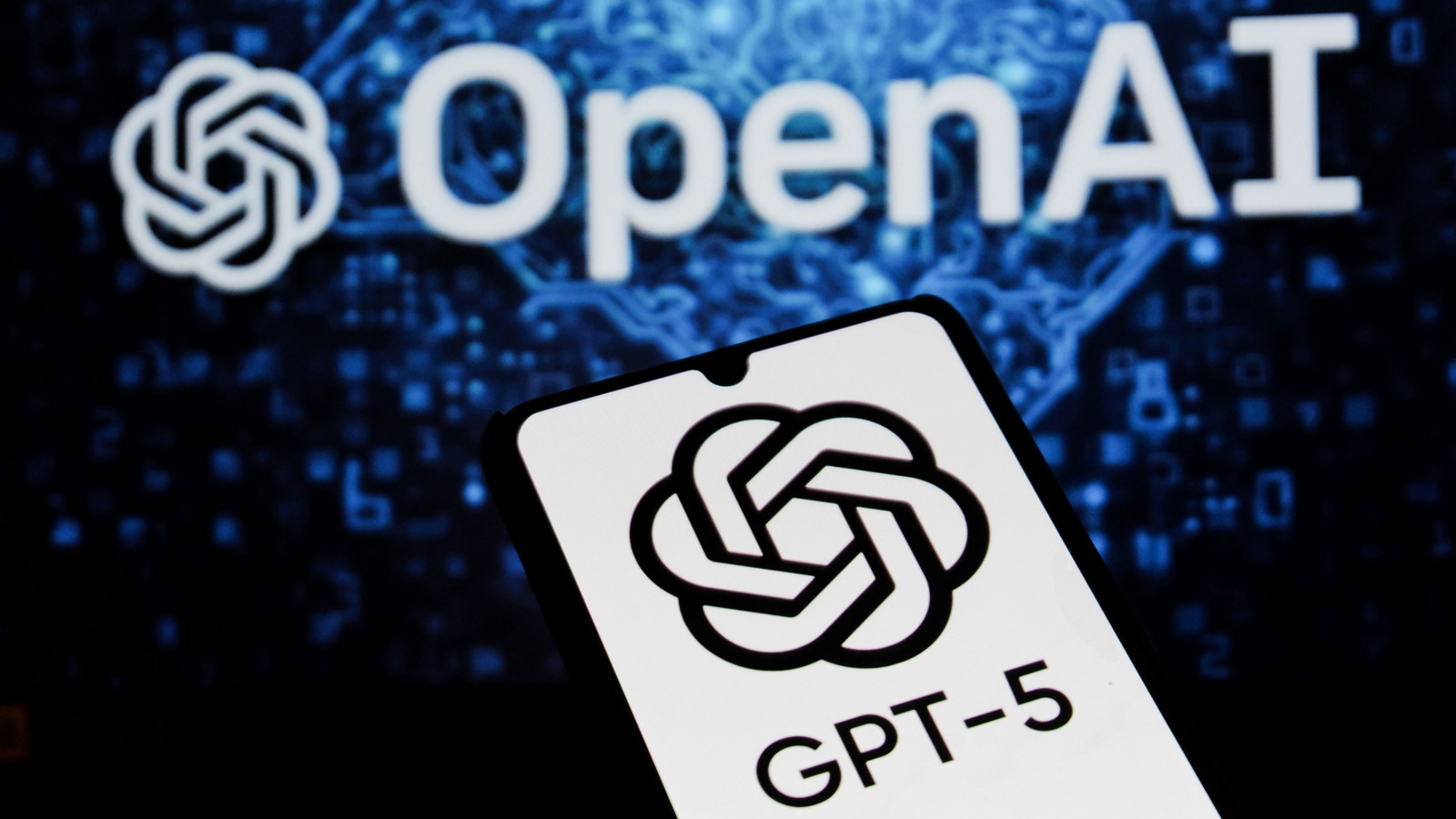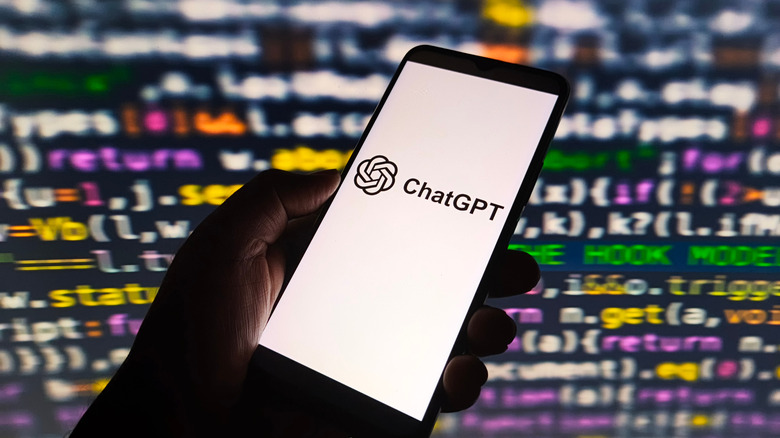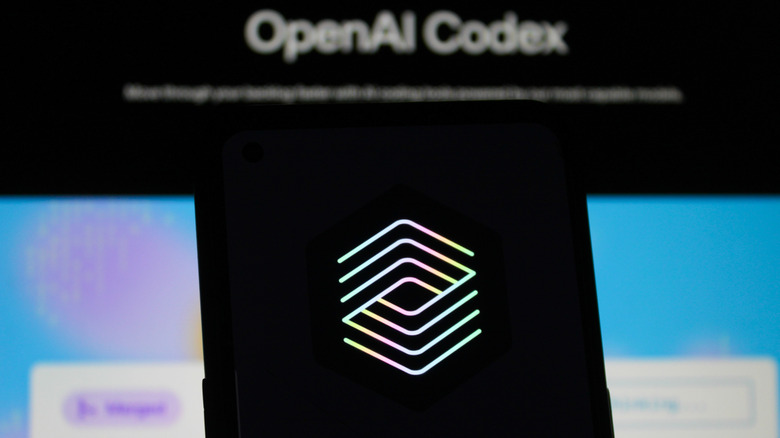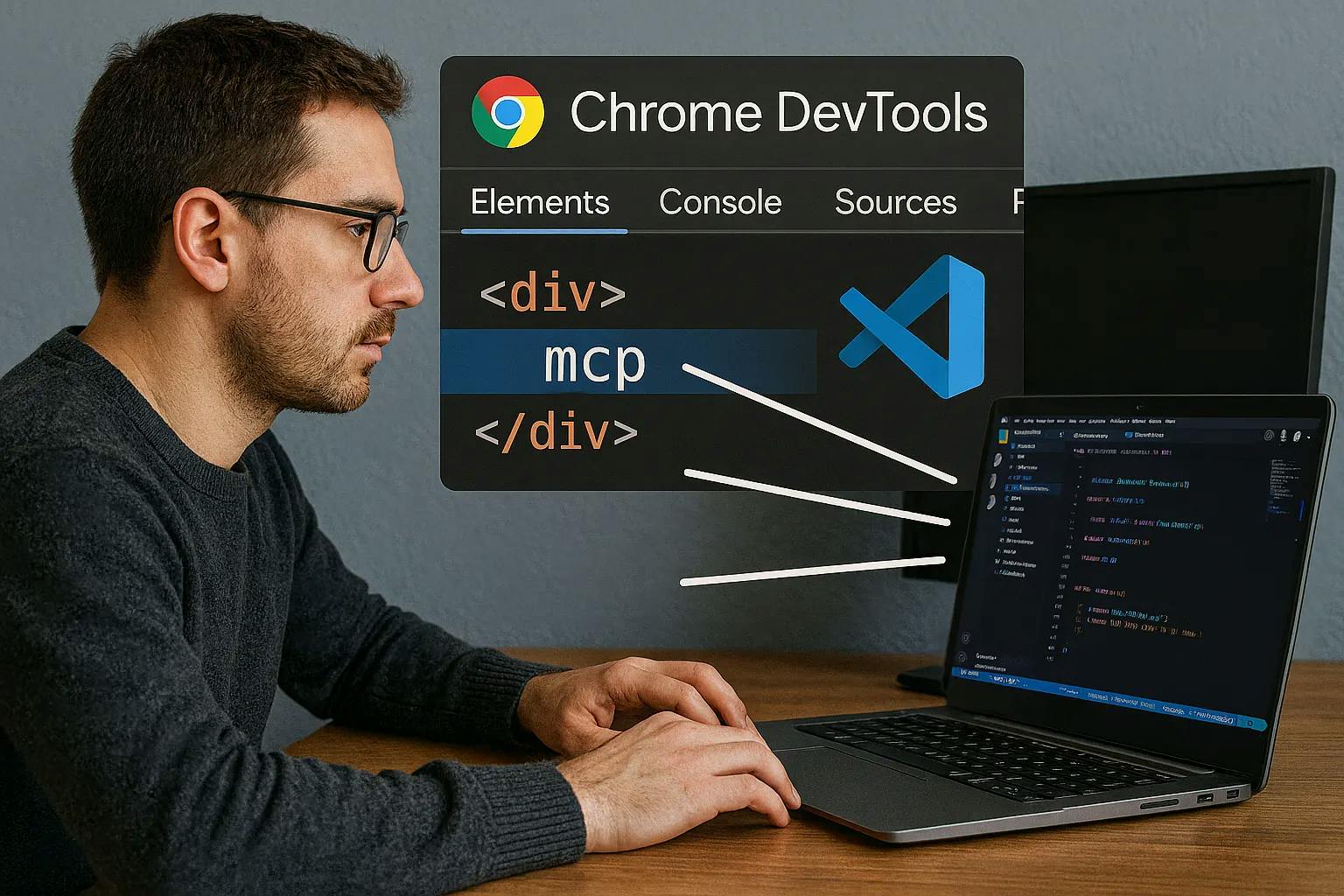OpenAI has introduced GPT-5 Codex, a version of GPT-5 that is fine-tuned for coding agent workflows and built to better support developers working across varied environments. Rather than just responding to prompts, GPT-5 Codex is designed to think more flexibly, pairing interactively with developers during small tasks and working independently during longer, more complex jobs. The model’s training with real-world software engineering work emphasizes tasks such as starting projects from scratch, refactoring large codebases, adding or improving texts, debugging, and full code reviews.
One of the notable shifts is the dynamic allocation of ChatGPT’s “thinking time” depending on task complexity. For lightweight requests, GPT-5 Codex behaves quickly and responsively, whereas for more complex jobs it allocates more reasoning, iterations, and internal editing. In internal testing, OpenAI was able to achieve more than seven continuous hours of autonomous work, using ChatGPT to iteratively refine solutions, address test failures, and ship valid implementations. On code reviews, GPT-5 Codex assesses the intent of pull requests, traces dependencies, runs tests, and flags critical issues more reliably than earlier iterations of ChatGPT.
Because it’s purpose-built for software engineering, as opposed to general use, OpenAI recommends using GPT-5 Codex specifically within Codex environments rather than in broader contexts. With that specialization, GPT-5 Codex becomes a more dependable teammate for devs, able to lighten development workloads and discover issues earlier.
Upgrades across CLI, IDE, and cloud
It now allows attaching images (screenshots, diagrams) to preserve context in dialogues when discussing code. Progress tracking is built in via a to-do list, and external tools (web search, MCP) are now better integrated. The terminal UI also sees improvements in formatting of diffs and tool outputs, and conversation state can be compacted for longer sessions. Access modes are simplified to three levels — read-only, auto, and full, with varying degrees of network and file permissions, giving developers control over agent autonomy.
On the IDE side, the new extension plugs GPT-5 Codex into environments like VS Code. Because it can see open files and current selections, you can issue shorter prompts and get faster, contextually aware results. Workflows are seamless: you’re able to spin up cloud tasks, review completed ones, or bring cloud context locally.
Additionally, Codex Cloud has become more tightly integrated with GPT-5. Tasks can be delegated without jumping out of your IDE or GitHub. OpenAI reports a drastic improvement in infrastructure latency; by caching containers, they’ve reduced median task start times and follow-ups by 90%. Codex can detect setup scripts, configure dependencies, spin up environments, run commands such as pip install, and even generate screenshots of its web UI progress, then attach them to tasks or PRs. Together, these tool upgrades help unite local and cloud context, letting GPT-5 Codex act more seamlessly across dev workflows.
Safety, pricing, and developer takeaways
OpenAI emphasizes that safety and responsible use remain central to Codex’s evolution. By default, Codex runs sandboxed (with no network access) to reduce the risk of untrusted actions or malicious prompts. The agent must request permission for potentially risky commands, and developers can customize security policies, such as toggling network access limits or requiring approvals. Every task returns logs, test outputs, and citations so humans can validate all suggestions. OpenAI explicitly recommends using Codex’s reviews as a supplemental safety net, not as a wholesale replacement for human oversight.
When it comes to pricing, Codex remains bundled with various tiers of ChatGPT, such as Plus, Pro, EDU, Business, or Enterprise. The scale of usage your plan supports depends on the edition you have; business and enterprise customers can access extra credits or shared pools. On the API side, GPT-5 Codex is now available to developers using Codex via API key (in the Responses API) at the same cost as GPT-5.
For developers, the message that GPT-5 Codex brings is clear: Codex is maturing into an ever more autonomous, context-aware development collaborator. With upgraded tooling, better safety constraints, and more intelligent code reasoning, GPT-5 Codex aims to lighten developer burdens and surface bugs early.










